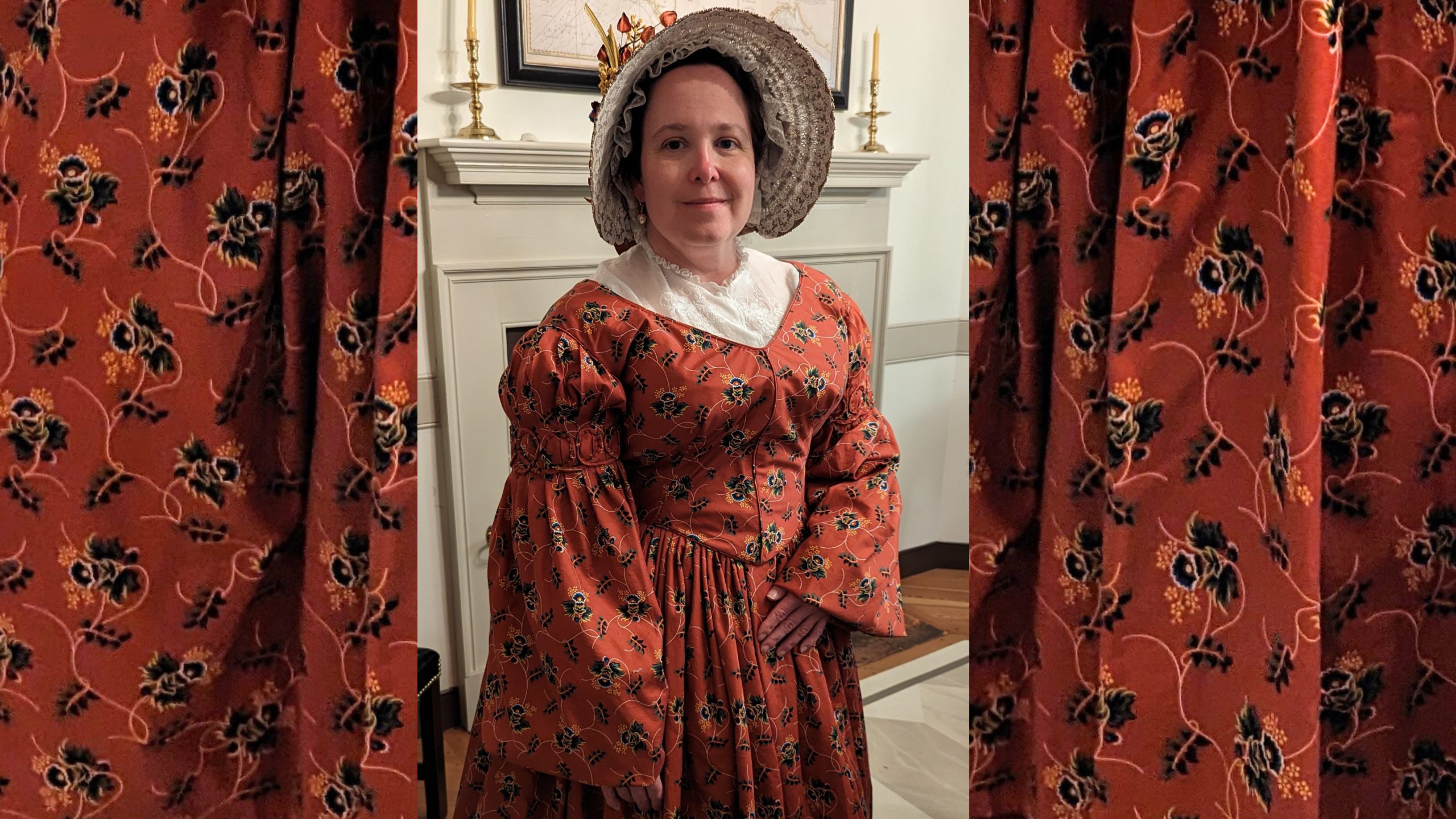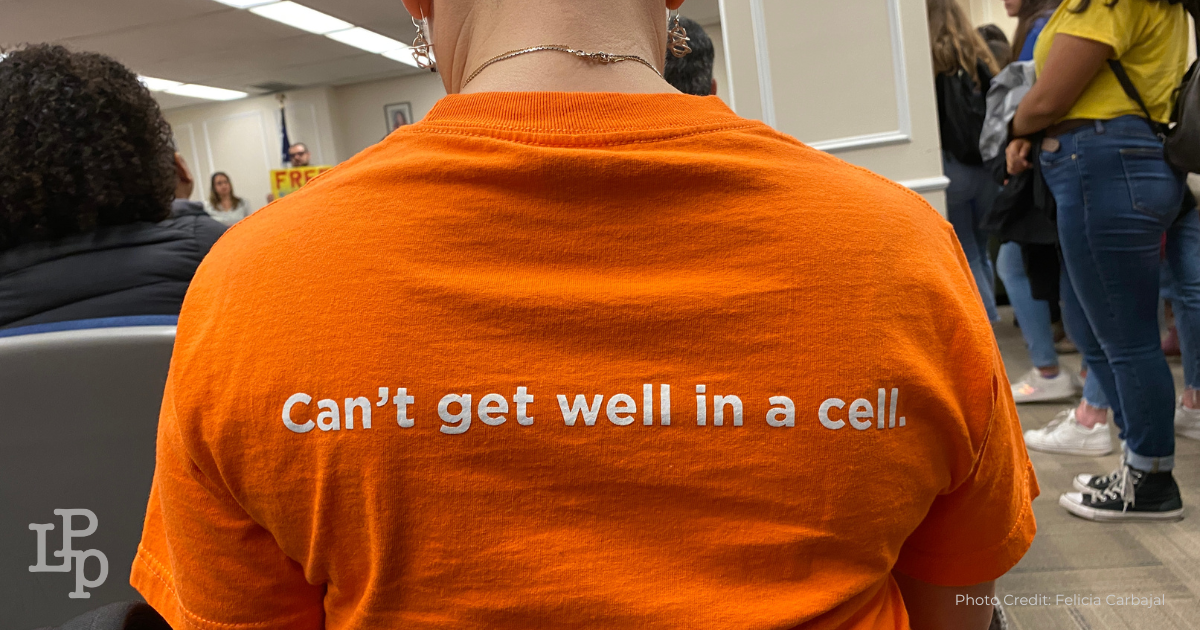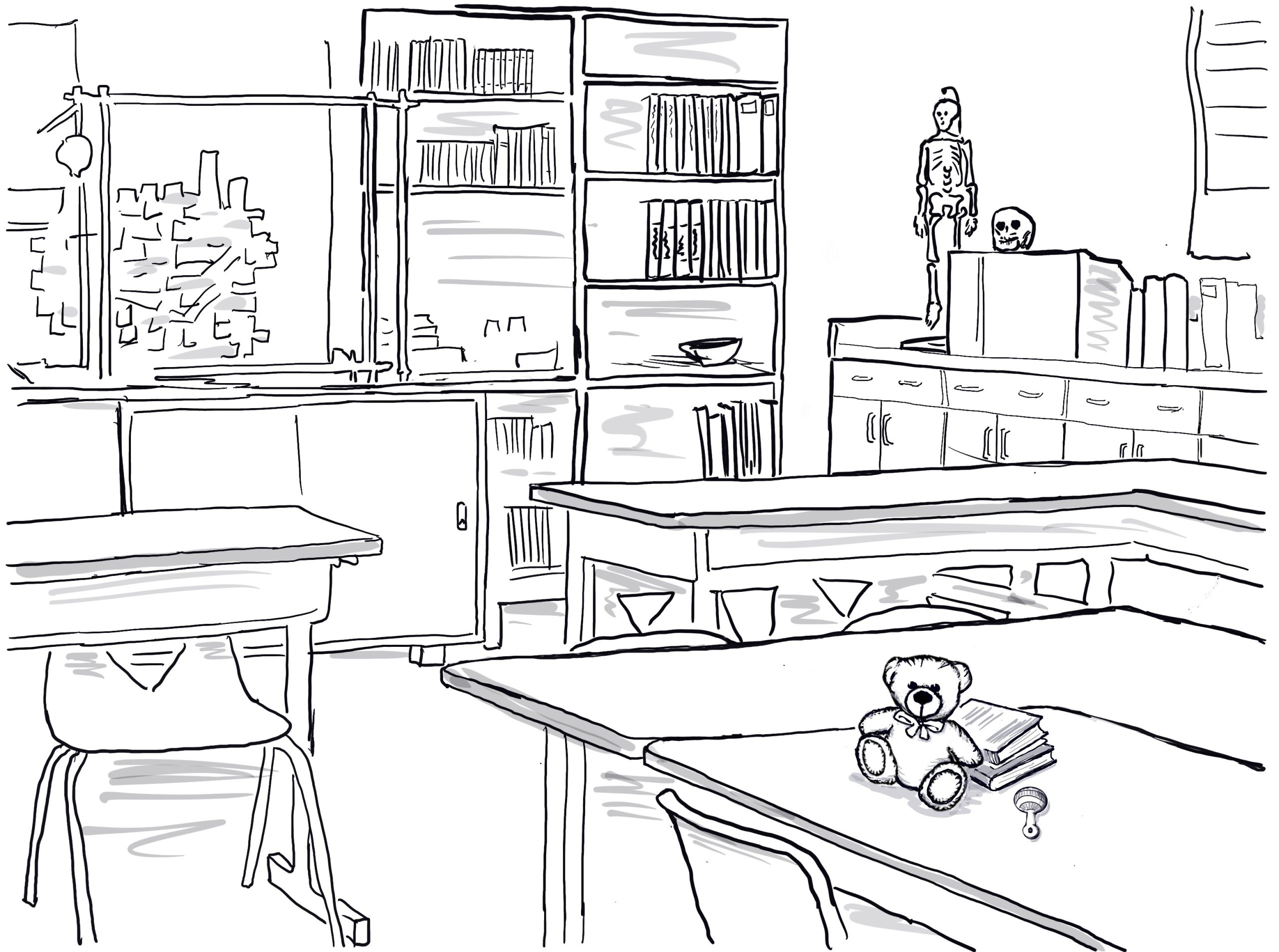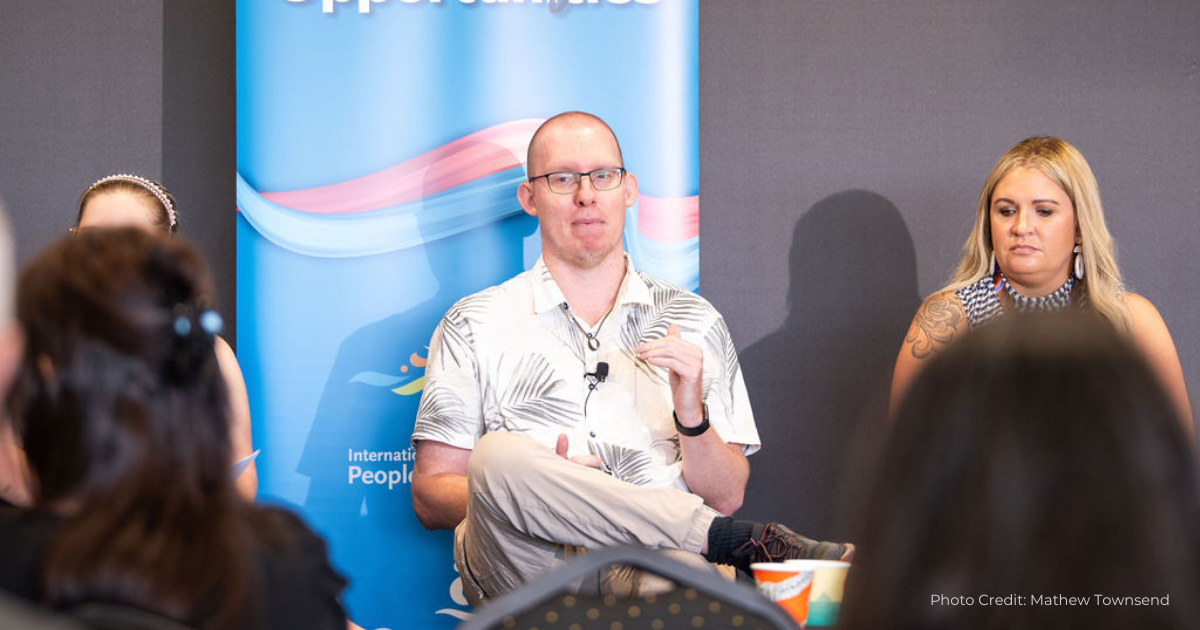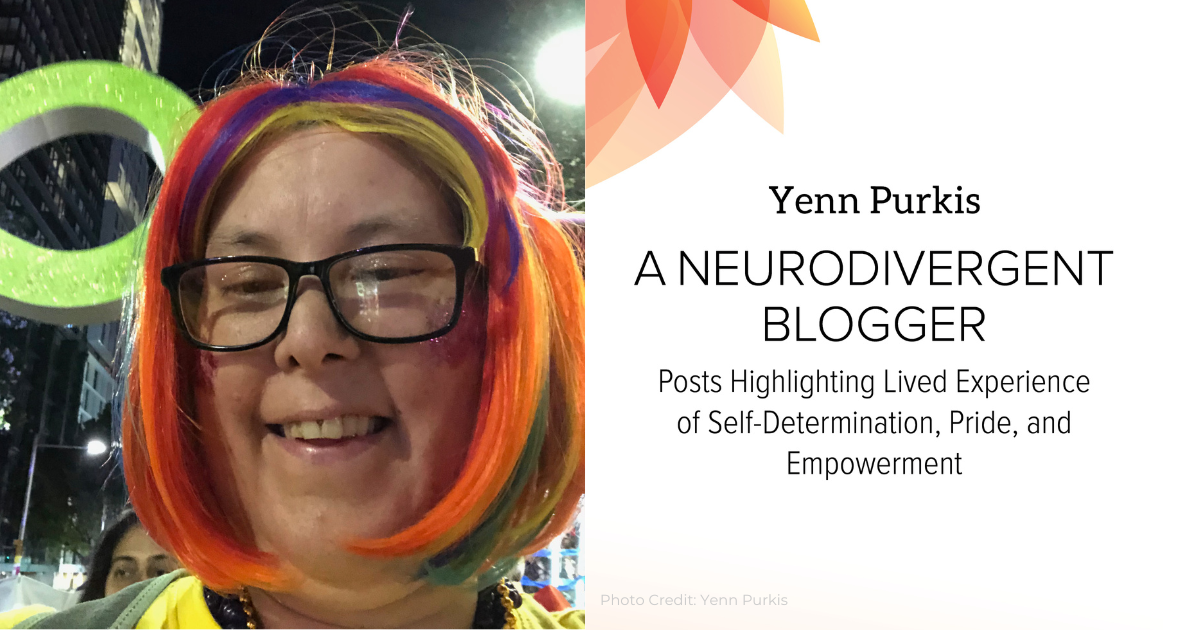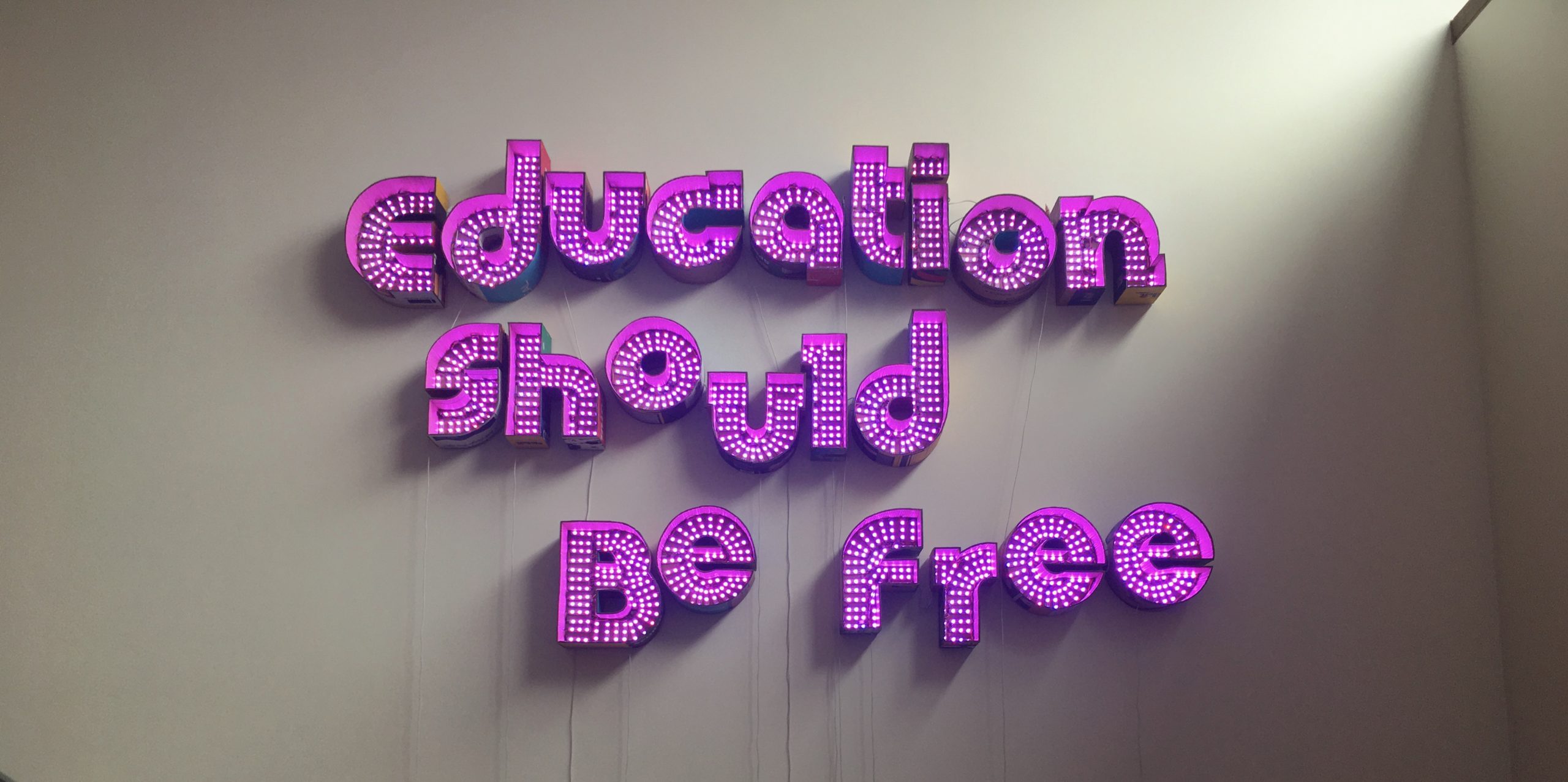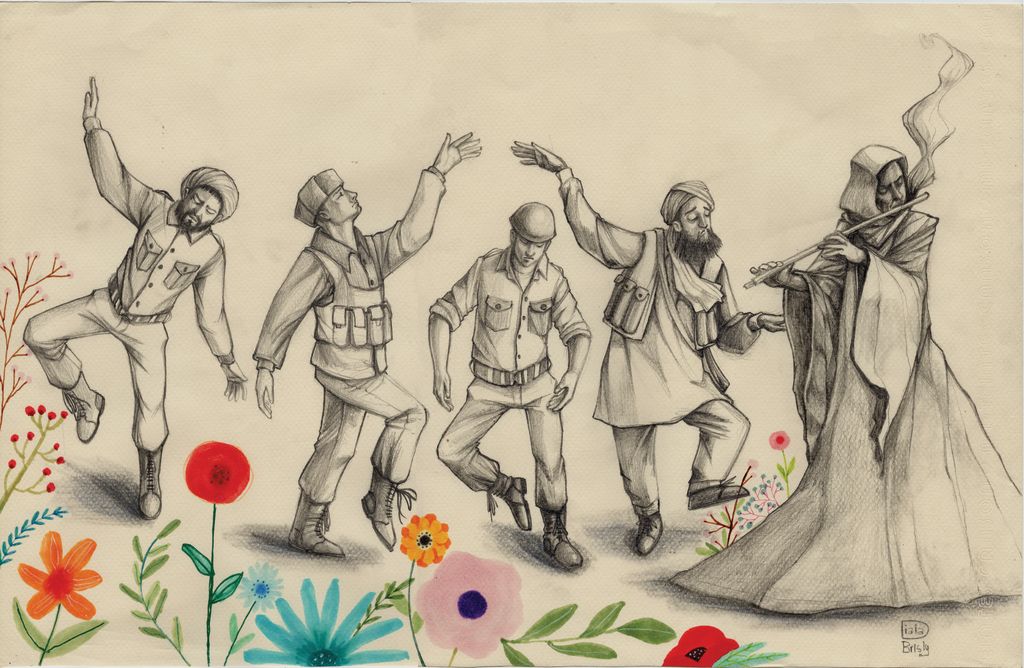What the United States Can Learn from Postwar Czechoslovakia
by Miriam Potocky Rafaidus | Today, as I watch troubling developments unfold in the United States, I can’t help but feel history knocking—not softly, but insistently. The parallels between the collapse of Czechoslovak democracy in 1948 and the democratic backsliding occurring in the U.S. under the Trump administration in 2025 are unnerving.


